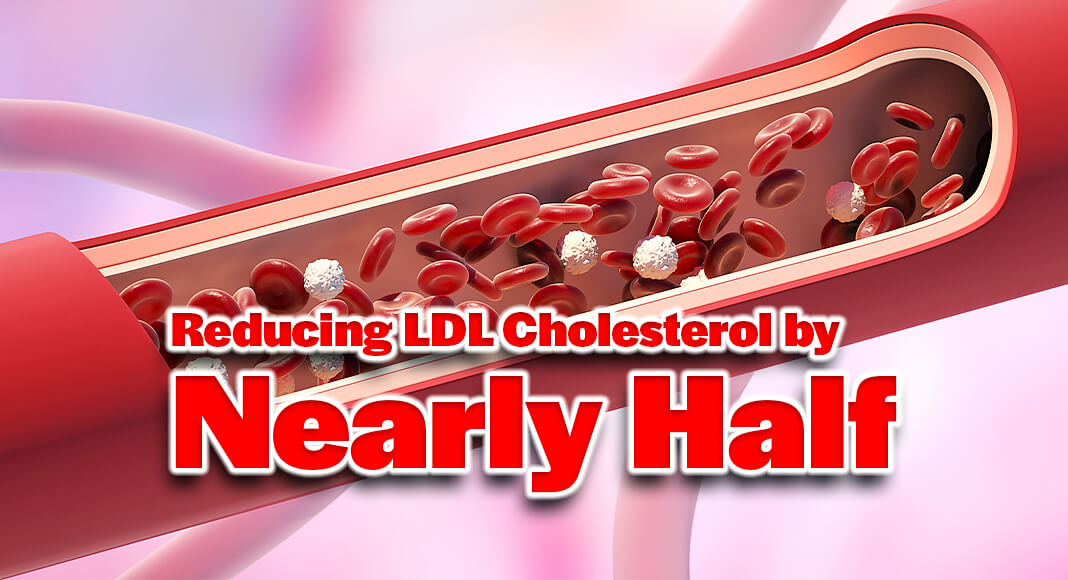
Mega Doctor News
CLEVELAND CLINIC – New findings by Cleveland Clinic physicians show that the combination of a new drug, obicetrapib with an established medication, ezetimibe, reduced low-density lipoprotein (LDL) cholesterol levels by 48.6% after about three months – producing more effective results than either drug alone.
Findings from the Phase 3 clinical trial were presented today during a late breaking science session at the European Atherosclerosis Society’s annual meeting in Glasglow, Scotland and simultaneously published in The Lancet.
Too much LDL cholesterol (often referred to as the “bad” cholesterol) can lead to atherosclerotic disease – plaque buildup in the walls of arteries – that can increase the risk for a heart attack or stroke. Patients who have established atherosclerotic disease, or who are at high risk of developing it, benefit from the reduction in LDL cholesterol to decrease their risk of adverse events.
“Despite statin therapies and other non-statin medications, many patients with a high risk of heart disease or existing heart disease don’t reach their LDL cholesterol targets,” said Ashish Sarraju, M.D., lead author and preventive cardiologist at Cleveland Clinic. “This combination therapy helped high-risk patients who need additional LDL cholesterol lowering to potentially reach their goals.”
Many factors can result in high levels of LDL, such as poor diet, being overweight, smoking and increased age. Other factors, such as genetics, cannot be modified. For some people, lifestyle modifications are beneficial, but for many others, medications are required. Some even require multiple lipid-lowering therapies.
In this multi-center clinical trial, researchers enrolled 407 patients with LDL cholesterol levels greater than 70 mg/dL despite maximal lipid lowering therapy, including statin drugs in nearly all. They were randomized to treatment with the fixed dose combination of obicetrapib-ezetimibe, either therapy alone, or matching placebo. After 84 days of treatment, the fixed-dose therapy lowered LDL cholesterol by 48.6% when compared with placebo. LDL cholesterol was reduced by 31.7% with obicetrapib monotherapy, compared with placebo. All treatments were generally well tolerated.
“These results support the potential of using this fixed dose combination to help treat an often difficult to treat patient population,” said Steven Nissen, M.D., senior author and Chief Academic Officer of the Heart, Vascular & Thoracic Institute at Cleveland Clinic. “If approved by regulatory authorities, this could allow high-risk patients who need additional LDL cholesterol lowering to potentially reach their targets.”
The trial was funded by NewAmsterdam Pharma.
Dr. Nissen has served as a consultant for many pharmaceutical companies and has overseen clinical trials for Amgen, AbbVie, AstraZeneca, Bristol Myers Squibb, Mineralys, NewAmsterdam Pharma, Eli Lilly and Company, and Novartis. However, he does not accept honoraria, consulting fees or other compensation from commercial entities.
Dr. Sarraju has consulted for several pharmaceutical companies and participated in clinical trials for NewAmsterdam Pharma, Mineralys, and Kardigan, with no personal compensation or honoraria.








